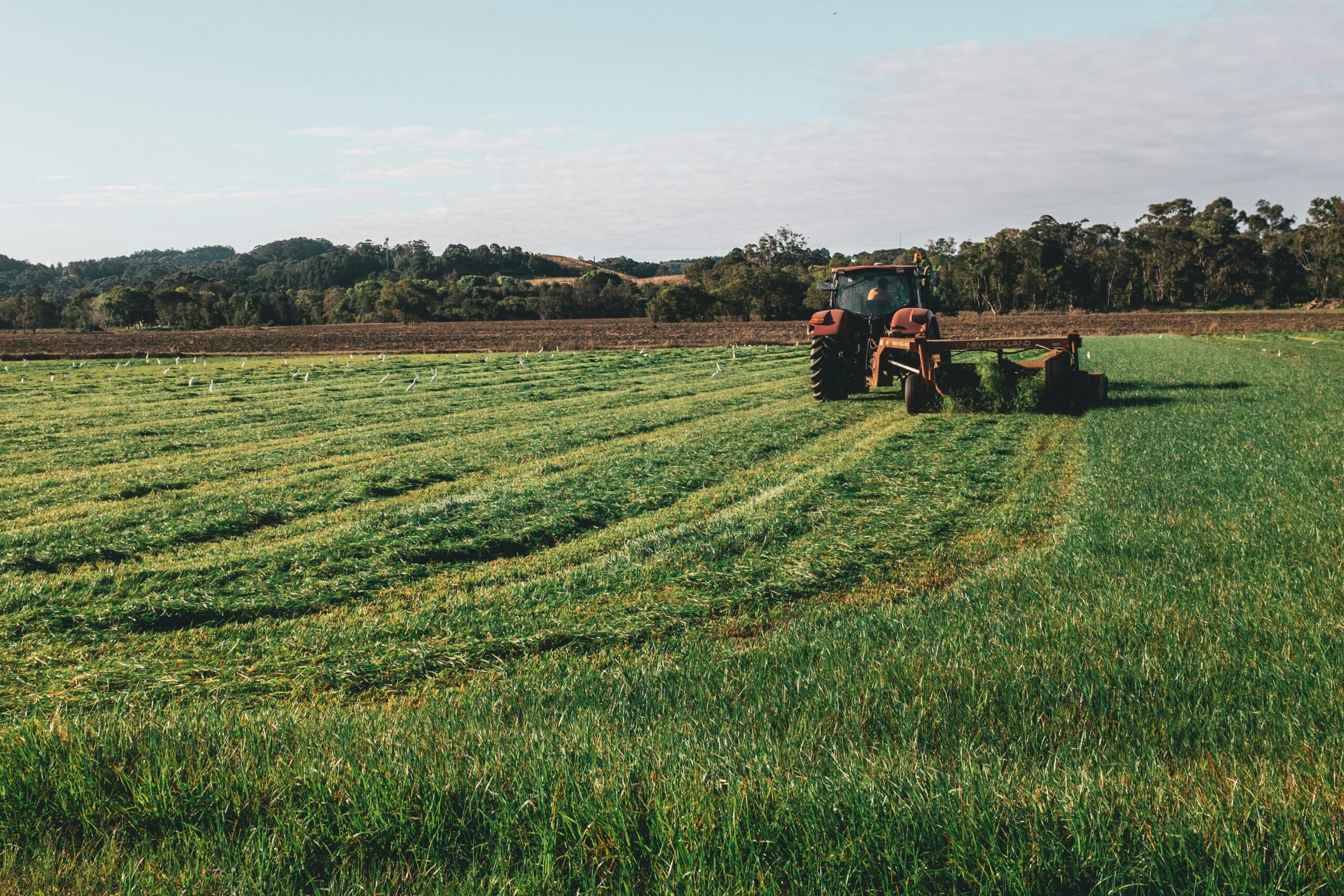Key Highlights
- Strategic Distribution: Supply agreement enables broader access to RLF AgTech’s crop nutrition products via Elders Australia’s national network.
- Expanded Access: Approximately 245 Elders Australia service centres to offer RLF AgTech products.
- Operational Investment: Additional staffing and training to support rollout and customer engagement.
- Sustainability Focus: Agreement promotes the adoption of sustainable farming practices.
- Market Opportunity: Aims to support domestic growth in the Australian crop nutrition sector.
RLF AgTech Strengthens Market Presence with Elders Australia Agreement
RLF AgTech Ltd (ASX: RLF), an agricultural technology company specialising in crop nutrition, has announced a supply agreement with Elders Rural Services Australia Limited, a subsidiary of Elders Limited. This agreement will facilitate national distribution of RLF’s product line across Elders Australia’s approximately 245 rural service centres.
The partnership is designed to improve farmer access to performance-based crop nutrition products that support yield, efficiency, and soil health outcomes.
“This agreement is an important step forward as we strengthen our presence in the domestic market and deliver crop nutrition solutions to growers across the country,” said Gavin Ball, Acting Managing Director of RLF AgTech.
Nationwide Rollout Backed by Operational Expansion
To support the supply agreement, RLF AgTech has invested in its field support and business development teams. The company has also introduced training programs, technical resources, and in-store materials to improve outreach and education across retail locations.
These initiatives are part of a broader strategy to increase RLF AgTech’s domestic footprint and enhance customer experience across its distribution network of more than 500 locations.
Key Advantages of the Elders Supply Agreement
Broader Distribution Access
The agreement ensures RLF AgTech’s crop nutrition products are available to growers across key Australian agricultural regions.
Commercial Growth Potential
With an expanded distribution network, the company anticipates increased domestic sales opportunities and enhanced market competitiveness.
Strengthened Industry Profile
Through its collaboration with a long-established agribusiness, RLF AgTech expects improved brand visibility and customer confidence.
Environmental and Agronomic Benefits
The agreement supports the adoption of science-based inputs designed to advance sustainability and productivity on-farm.
Coordination and Support
Collaborating with Elders Australia’s experienced personnel is expected to enhance customer support and streamline operations.


